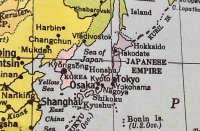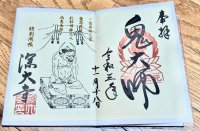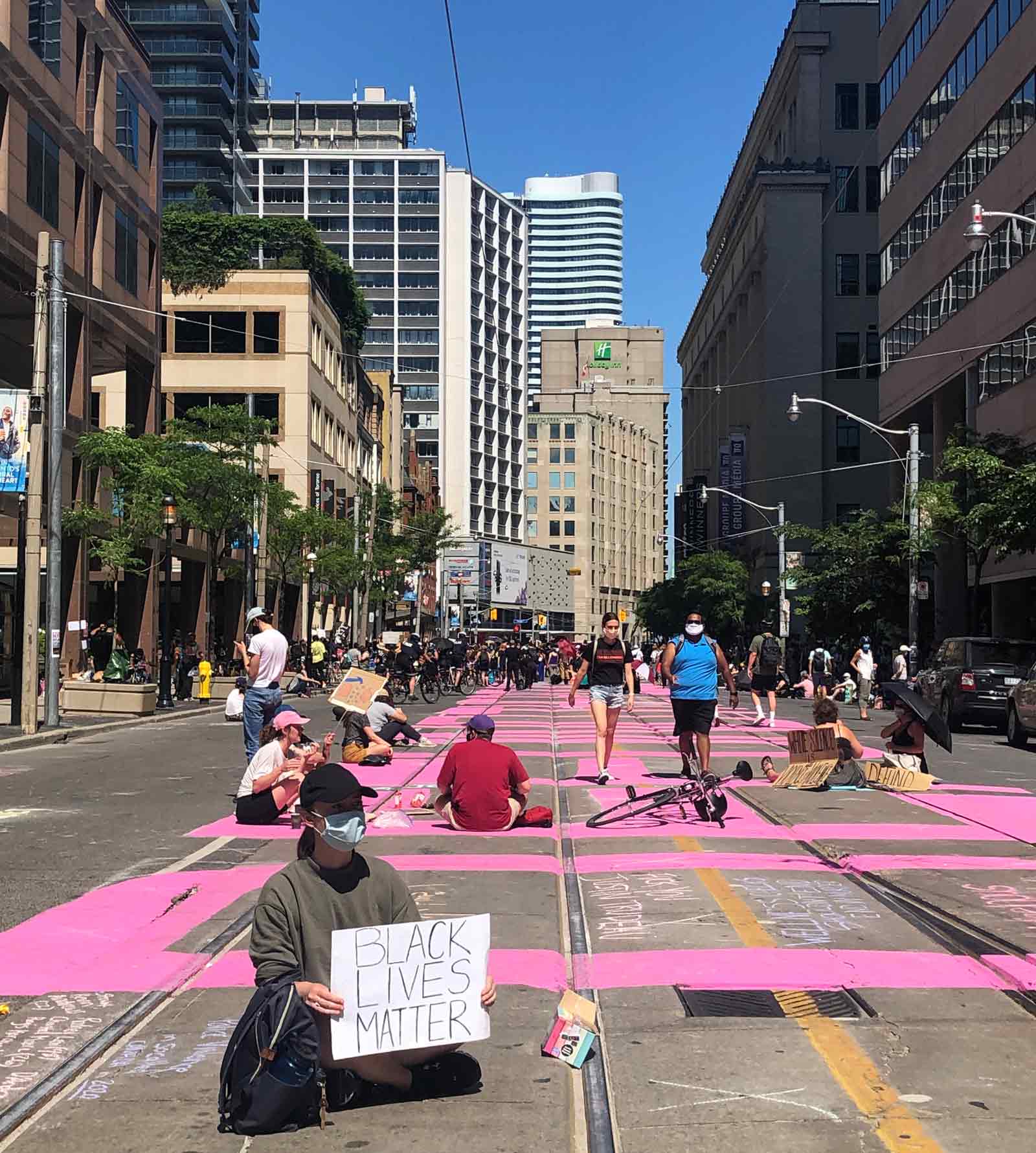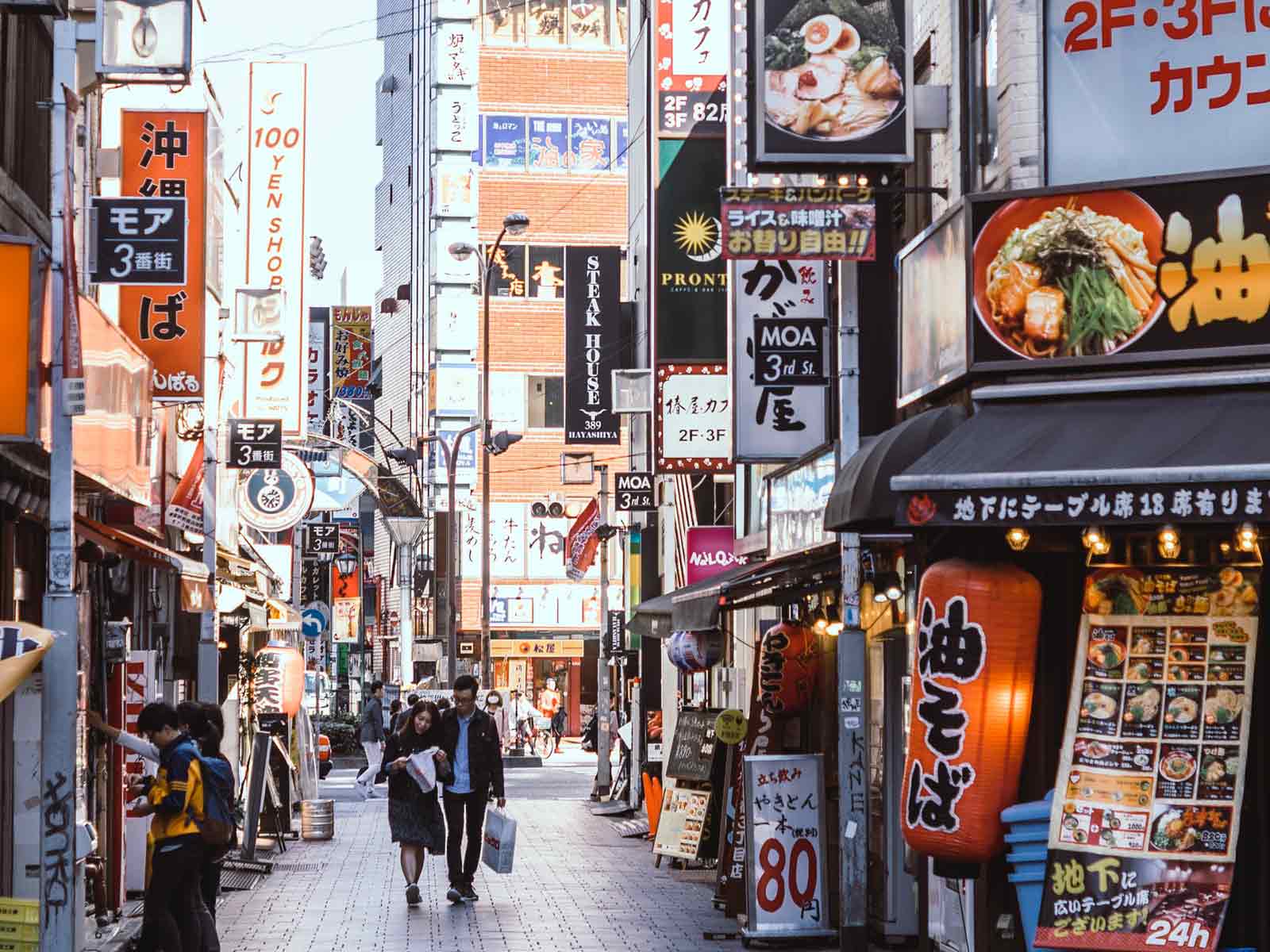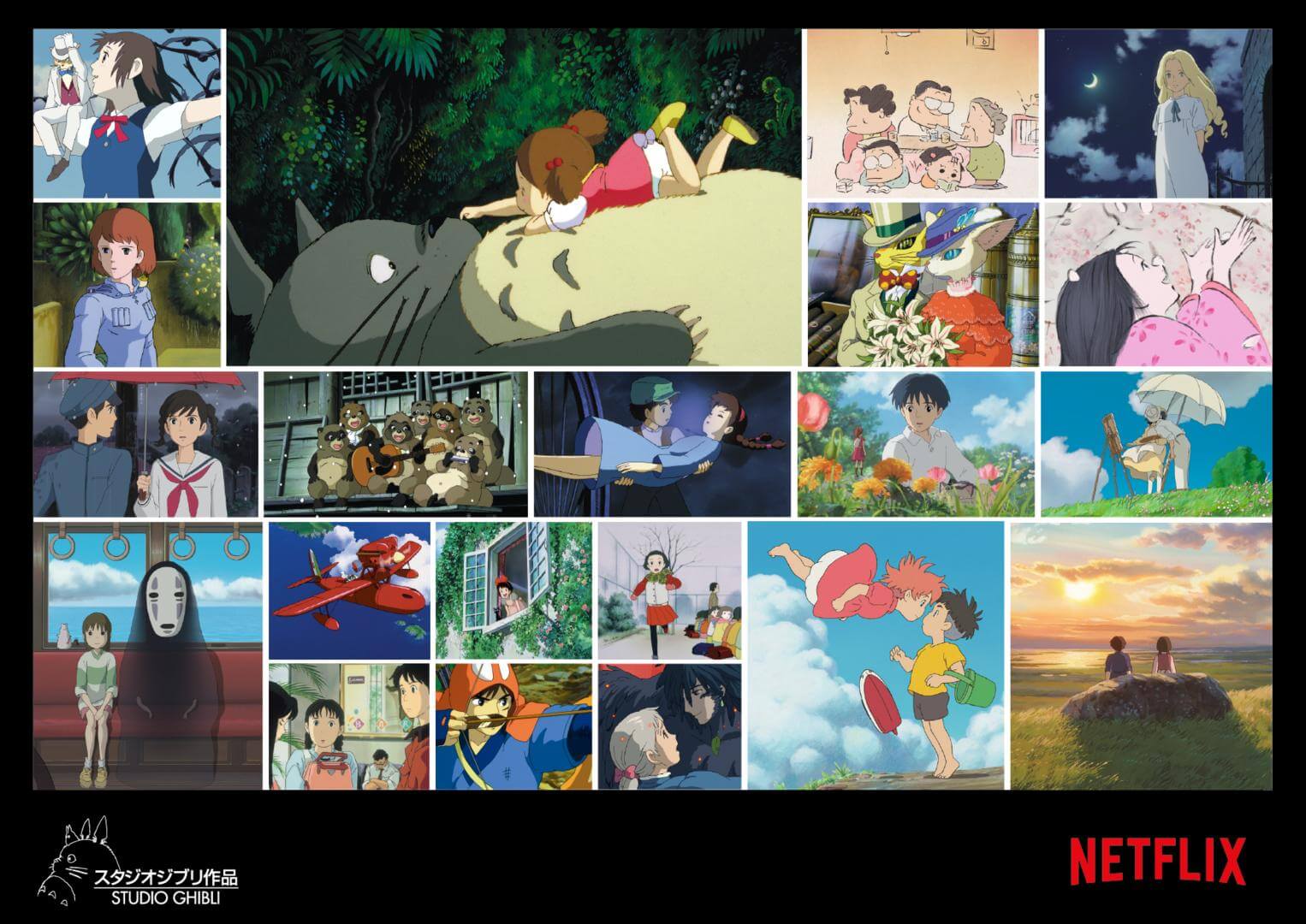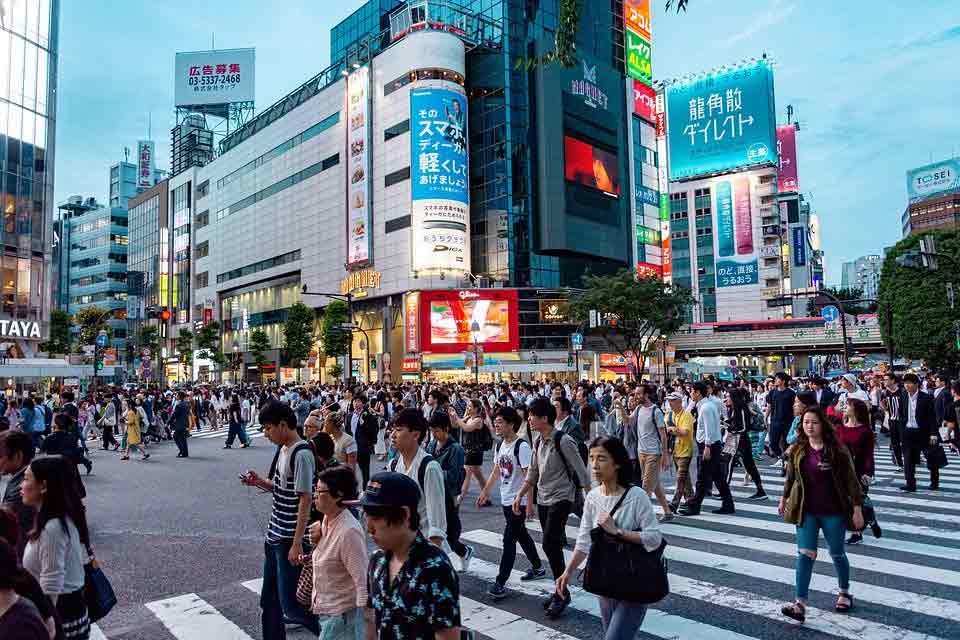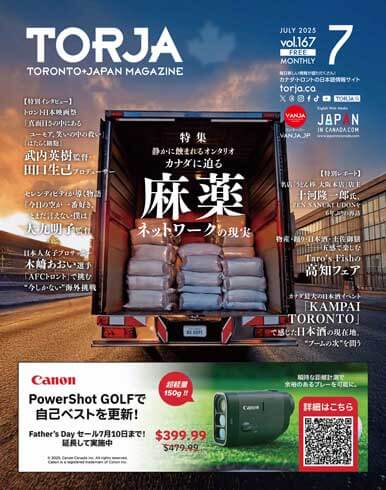Nomikai is a drinking party special to Japanese culture that happens in almost every work place in the country. Nomikai are hosted in restaurants or izakaya, usually having everyone seated at one large table. Employee are usually expected to attend some kind of Nomikai. However, in recent years, some people raise the concern that Nomikai is a toxic working culture.
Japanese drinking culture is unique. There are many traditions and rules to abide in order to show respect when attending those drinking parties.
According to an article written by Lucy Pickford, she mentioned that there are five main drinking rules. In the article, she mentioned that in Japan, you always pour for other people around you and wait for someone to return you the favor. When there is a hierarchy in the gathering, you are expected to pour someone in a higher position, including your employer or a senior. When it is a just friends gathering, you are expected to just pour it for your friends and they will return you a drink.
Another special trait that Pickford mentioned was that people always order the same on the first round. It will be easier for the waiter, especially when the bar is busy. In that case waitresses, will not mess up your orders.
Last but not least, in many cultures we often encourage people to chug the bottle to show off. In Japan, this is not very appropriate. They appreciate the sharing culture. Even if you are not sharing, it is nice to not drink from the bottle because it is seen as unsanitary.
The ‘Famous binge-drinking culture’ in the UK actually leads to a lower proportion of alcoholics than in the US https://t.co/pfH7DCsj66
— well loved stories (@ms_peaceweaver) December 27, 2019
Japan’s drinking culture deeply intertwined with the local culture and social culture. There are people recently raised the concern on the underlying issues mixed in with liquor based culture. Company employees often feel pressured to attend Nomikai in fear of missing out on promotions or building relationship with employers. However, the hierarchy is not truly broken down when there is alcohol involved. The respectful attitude still applied even at social occasions like this. Therefore, some people may see those gatherings as an unpaid over-time work.
Drinking with colleagues after work has long been part of Japanese culture. Nomikai, or drinking gatherings, are seen as central to building strong relationships………….. https://t.co/2yDnrDyGxE
— Lisa Cessford (@LisaCessford) December 20, 2019
It is not a new discovery that Japanese working culture is intense. It demands long hours and full dedication to the company. After getting off work, workers are still stuck at a bar with their employers can be exhausting. Funny that some people said it is impossible to walk around the city area at night without seeing someone lying on the ground due to alcohol overdose.
In an article published by the DW, it pointed out that the tounger workers have changed their lifestyle. They are less inclined to drink excessively with their employers after work. For the article, they interviewed Gen Otsuki, a senior official of the Tokyo-based All Nippon Abstinence Association, about the new drinking trend. He said that there are three possible contributing reason for the change of culture: “they have less money than in the past, or they are more involved with their children and families. Or maybe they are just getting better at saying ‘no’ to their bosses.”
This is just standard Midwestern drinking culture, tbh. https://t.co/rLLsfLpOoZ
— Sambleshanks (@slambister) December 27, 2019
There are also social factors that contribute to the lower consumption of alcohol. In 2007, the Japanese government have straitened the law on drinking and driving. The new law stated that a driver must have 0% of blood alcohol level when driving. They also heighten the penalty for drinking. Now they will consequence a fine for 8,700 USD and a prison term of up to five years. The person in the car with the drunk will also face a fine 4,350 USD and 3 years of imprisonment. People believe that it was after this law is imposed that companies decided to slow down on that drinking habit.
Whichever reason it is, I believe that people should never felt pressured to overdrink in order to please anyone. Alcohol should be a mood enhancer but not a forceful pressure.


